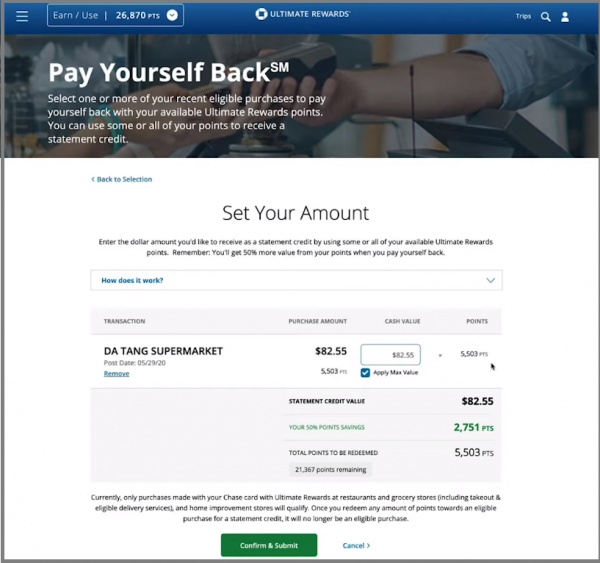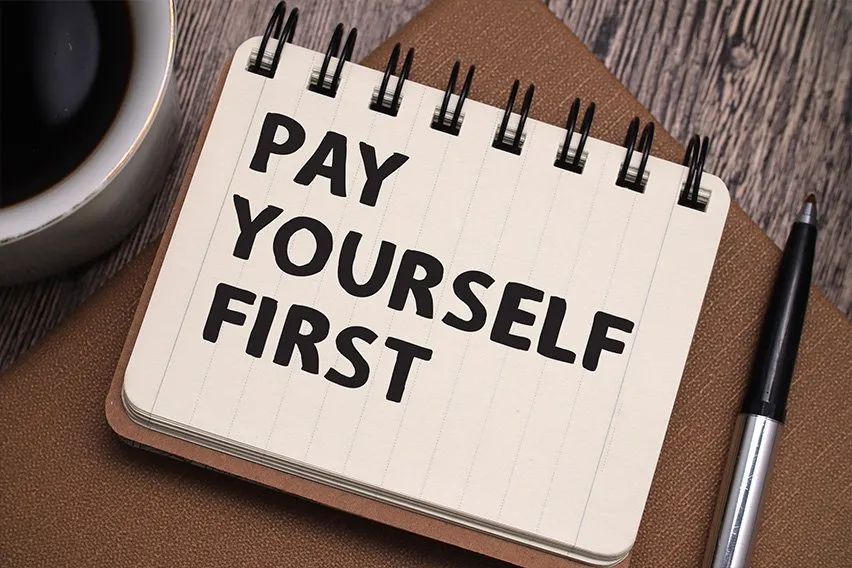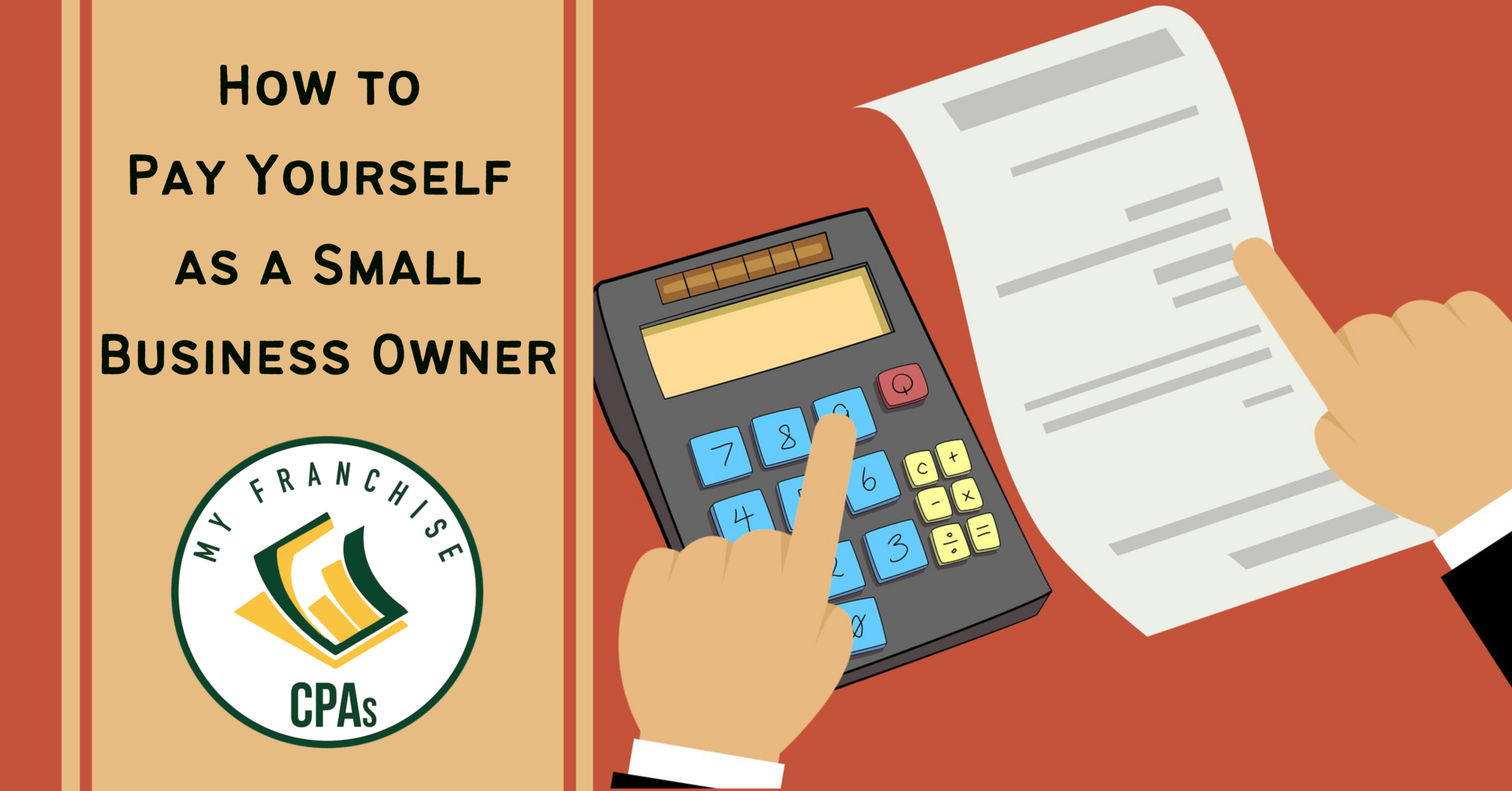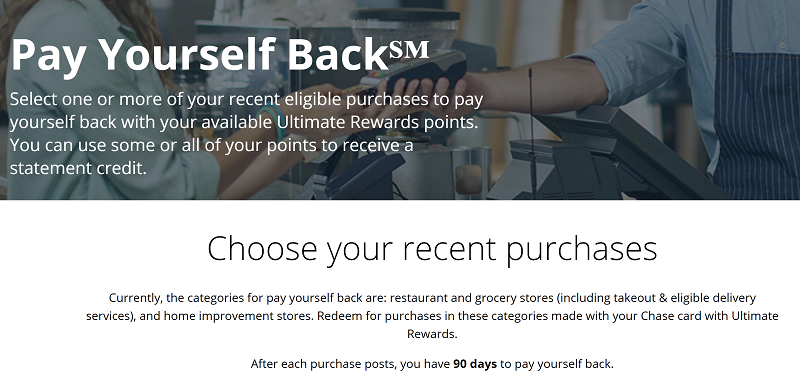How To Pay Yourself Back From Business

For many small business owners, the line between personal and business finances can blur, especially when it comes to taking money out of the company. Understanding the proper procedures for paying yourself back from your business is crucial for maintaining financial clarity, avoiding legal pitfalls, and ensuring accurate tax reporting.
This guide outlines the various methods business owners can use to compensate themselves, emphasizing the importance of clear documentation and adherence to relevant regulations.
Understanding Your Business Structure
The method you use to pay yourself will significantly depend on your business's legal structure. Sole proprietorships and partnerships have different rules compared to corporations (S-corps and C-corps) and Limited Liability Companies (LLCs).
Sole Proprietorships and Partnerships: Owner's Draw
In a sole proprietorship or partnership, the owner(s) typically take an "owner's draw." This isn't considered a salary but rather a transfer of funds from the business to the owner's personal account.
There's no set amount or frequency for taking a draw, but it's vital to keep accurate records of all withdrawals. These draws are not subject to payroll taxes, but they do affect your taxable income.
Corporations (S-Corps and C-Corps): Salary and Dividends
If your business is structured as a corporation, you are considered an employee of the company. Therefore, you must pay yourself a "reasonable salary" subject to payroll taxes (Social Security, Medicare, and income tax withholding).
According to the IRS, a reasonable salary is what a comparable employee would be paid for similar work in a similar industry. Failure to pay a reasonable salary can result in penalties.
In addition to salary, C-corps can also distribute profits to shareholders in the form of "dividends," which are taxed separately from salary. S-corps can also distribute profits, but the tax implications differ, often flowing through to the owner's personal income tax return.
Limited Liability Companies (LLCs): Flexibility and Complexity
LLCs offer more flexibility in how owners are compensated. The treatment depends on how the LLC is taxed. It can be taxed as a sole proprietorship, partnership, S-corp, or C-corp.
If taxed as a sole proprietorship or partnership, the owner takes an owner's draw. If taxed as a corporation, the owner follows the salary and dividend structure.
Documenting and Recording Payments
Regardless of your business structure, maintaining meticulous records of all payments is essential. This includes documenting the date, amount, and purpose of each withdrawal or salary payment.
Accurate bookkeeping is crucial for tax compliance and helps to avoid potential audits. Use accounting software or hire a bookkeeper to ensure your records are organized and accurate.
For corporations, keep detailed records of salary payments, including payroll taxes withheld. Also, document any dividend distributions to shareholders.
Reimbursing Business Expenses
Owners can also reimburse themselves for legitimate business expenses paid out of pocket. This is not considered compensation but rather a return of funds used for business purposes.
Keep receipts and documentation for all reimbursed expenses, such as travel, supplies, and meals. The IRS has specific guidelines for deductible business expenses, so familiarize yourself with these rules.
Tax Implications and Considerations
Understanding the tax implications of each payment method is paramount. Owner's draws are subject to self-employment tax, while salaries are subject to payroll taxes.
Seek advice from a qualified tax professional to determine the most tax-efficient way to pay yourself and structure your business. Tax laws are complex and can change frequently.
Seeking Professional Advice
Navigating the intricacies of paying yourself from your business can be challenging. Consulting with an accountant or financial advisor is highly recommended.
A professional can help you determine the best payment structure for your business, ensure compliance with all relevant regulations, and minimize your tax liability. They can also help you develop a sound financial plan for your business.
Ultimately, properly managing your business finances and understanding how to pay yourself is vital for the long-term success and sustainability of your company. Clear records, expert advice, and adherence to regulations will help ensure both your personal and business financial health.


















